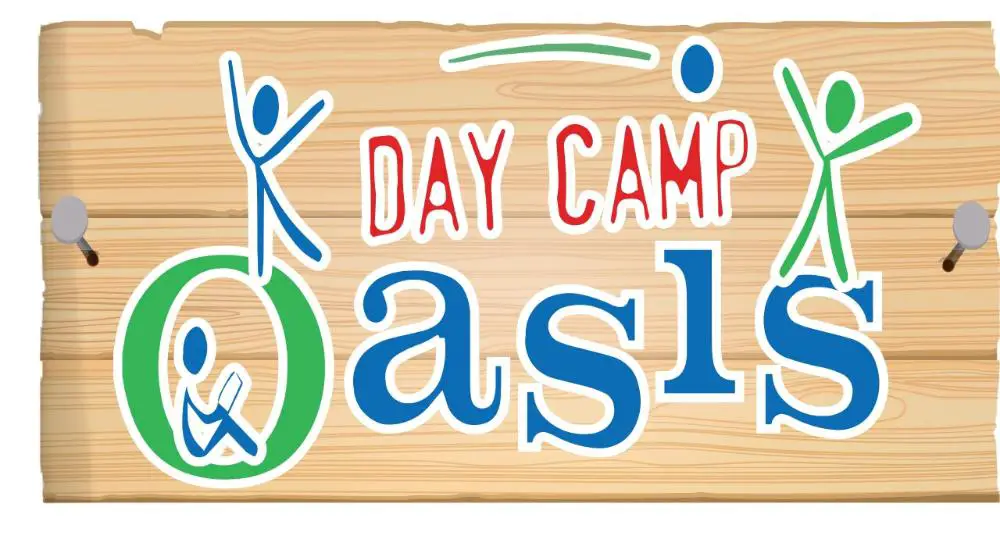Ease Your Anxiety About Your Child Playing Football
Get kid-friendly activities sent to you!
Get the Best Kid-Friendly Activities
Sent to You Weekly!
At a young age, Bachman says, children should focus on having fun and being a member of a team. And, because both physical and emotional maturity levels may vary from child to child, it’s important that parents discuss their child’s readiness for a certain level with coaches or league officials if there is any doubt that he’s able to keep up with his peers.
“Children shouldn’t be pushed into a sport or be placed in a competition that they are not physically or emotionally ready to handle,” Bachman says.
Safety Measures
Once children are placed on the appropriate teams, parents should also be aware of safety measures that the league has in place and make sure their child’s pads and helmet fit correctly.
Most helmet suppliers can fit children, but parents must check that air bladders within the helmet are properly inflated at all times. Jaw pads, chin straps, and neck bands must be properly positioned each time the helmet is used. Shoulder pads should cover the clavicle, shoulder joint, shoulder blade, and deltoid. The neck opening should be adequate and all straps should be laced securely.
Parental Anxiety
By finding the right leagues and equipment for children, parents should work on their own anxiety issues, suggests Leah Lagos, Psy.D., who practices in Midtown East.
Anxious parents, Lagos says, shouldn’t judge themselves too harshly. Instead, they should discuss their fears with their child, spouse, or with their child’s coach. Parents who did not play football themselves or didn’t have siblings who played are more likely to be nervous about the sport until they get a better understanding of it.
By discussing their concerns with others, parents will be able to identify how to cope with their concerns, also. If a parent feels that the head coach needs an assistant to watch all of the children, he or she could volunteer. Even those who don’t know the sport well can help keep little ones focused or assist by managing behavioral issues while the coach focuses on teaching skills.
Sometimes, parents may realize that their children’s behavior or temperament makes them anxious. They may fear that children who are often distracted may not pay attention to the coach or follow his instructions. In that case, parents may need to talk with their child about how important it is to listen and follow directions.
During games, it may be easier for anxious parents to avoid watching certain plays. Volunteering to work the concession stand or sell raffle tickets can be distracting, but still provide parents the opportunity to be involved. Many of the parents working at these booths have probably watched their children play football for years and can be reassuring.
And, Lagos said, parents should never underestimate their ability to control their emotions through simple tried-and-true methods. “Something that is very important that anxious parents and athletes forget to do is to breathe,” Lagos says. “Simple breathing exercises are a wonderful way to help reduce anxiety, and I recommend them to all of my clients.”
Learn how to tell when a head injury is serious.









